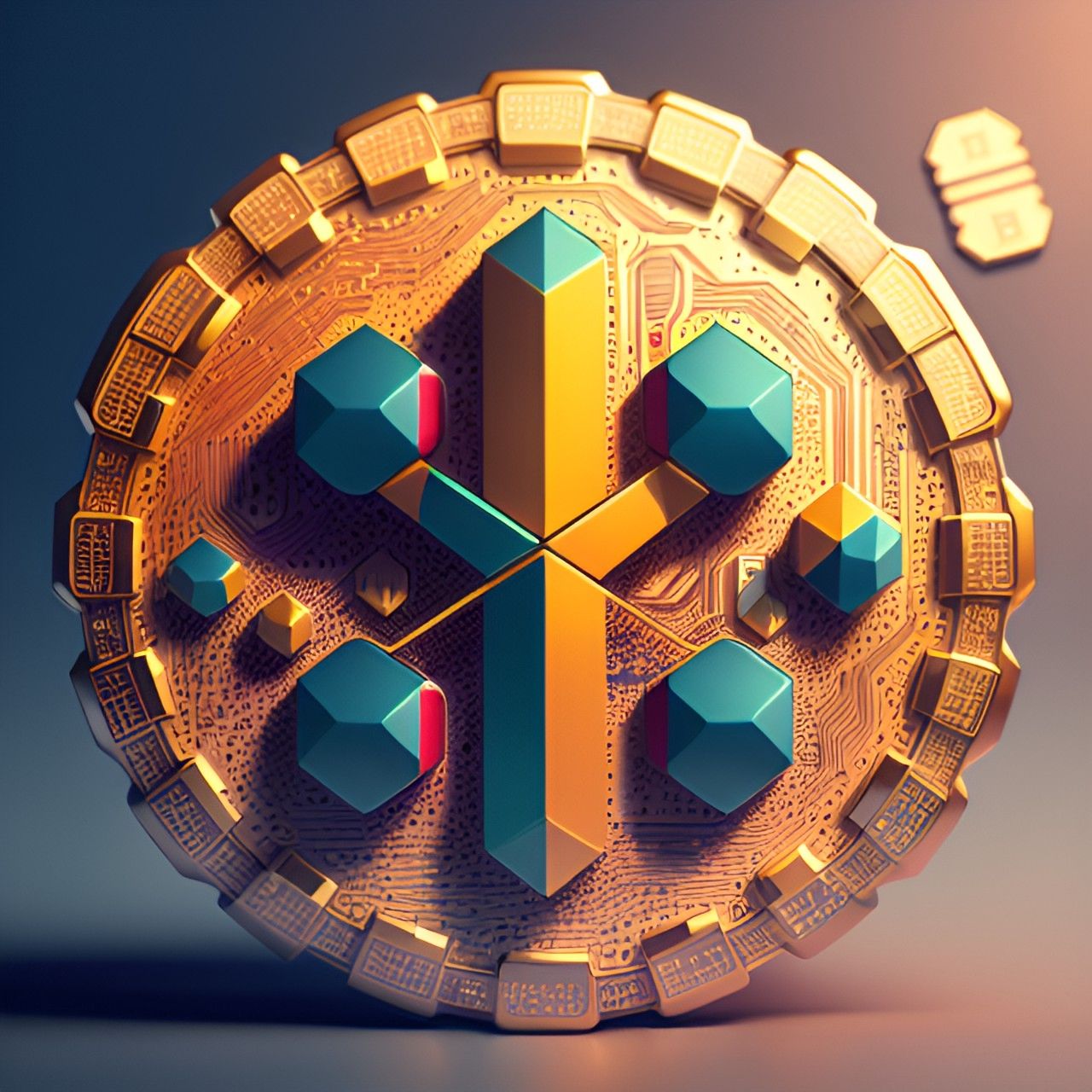
🎵✨ Discover the Elite Sound of Caviar Trap ✨🎵

Blockchain technology has permeated numerous industries, showcasing its potential as a disruptive force for a wide range of applications. One sector where blockchain has shown remarkable promise is in social networking. While traditional social media platforms have dominated the space for many years, the rise of blockchain-based alternatives is paving the way for a new era of digital interactions.
Decentralized Social Media
Traditional social networking platforms, such as Facebook, Instagram, and Twitter, have centralized structures, meaning they are owned and controlled by single entities. These entities hold immense power over user data and content regulation, leading to numerous concerns about privacy, censorship, and data monetization.
Blockchain social networking, on the other hand, operates on a decentralized model. In this model, no single authority has control. Instead, control is distributed among users, who hold the power to govern the platform and manage their data. This has significant implications for user privacy, content control, and data ownership.
Improved Data Privacy and Ownership
One of the major advantages of blockchain social networking is enhanced data privacy and ownership. On traditional platforms, user data is stored on centralized servers, making it susceptible to breaches and misuse. In contrast, blockchain-based platforms store user data across multiple nodes in a distributed ledger, making it inherently more secure.
Moreover, users on blockchain platforms maintain control and ownership of their data. This means users can decide how their information is used, and they can even monetize their data if they wish. Such an approach could fundamentally shift the dynamics of the digital economy, empowering users and providing them with fair compensation for their contributions.
Content Control and Censorship Resistance
Another area where blockchain social networking shines is in content control. In centralized platforms, the parent company has the ultimate authority over content moderation, which can lead to biased or unjust decisions. In a decentralized model, however, the community of users collectively decides on the rules for content moderation.
Blockchain's transparent and immutable nature further ensures that all decisions are fair and transparent, fostering a sense of community trust. It also provides a degree of censorship resistance, as no single authority can unilaterally remove or alter content. This can be especially significant in jurisdictions with stringent censorship laws, ensuring freedom of expression.
Tokenization and Monetization
Many blockchain social networks integrate cryptocurrencies or tokens as part of their ecosystem. Users can earn these tokens by contributing valuable content, engaging with others, or performing various platform-specific tasks. These tokens can then be traded for other cryptocurrencies or fiat money, offering a new way for users to monetize their social media activity.
Furthermore, the tokenization aspect can also foster more quality content as users are incentivized to produce valuable contributions for rewards. This contrasts with traditional platforms, where the majority of ad revenue goes to the platform owner.
Notable Blockchain Social Networks
Several blockchain social networking platforms have already made their mark. Steemit, for instance, is a blogging and social networking site that rewards users with STEEM tokens for creating and curating content. Mastodon is another platform known for its focus on user privacy and ad-free environment.
Final Thoughts
While blockchain social networking is still in its early stages, the potential for disruption is evident. By placing users at the center and providing enhanced control over data, content, and monetization, blockchain could indeed usher in a new era of social networking.
Nevertheless, challenges remain, including issues related to scalability, user experience, and regulatory concerns. Overcoming these hurdles will be crucial for the success and widespread adoption of blockchain social networking platforms. As with any nascent technology, the journey ahead is filled with both promise and uncertainty.